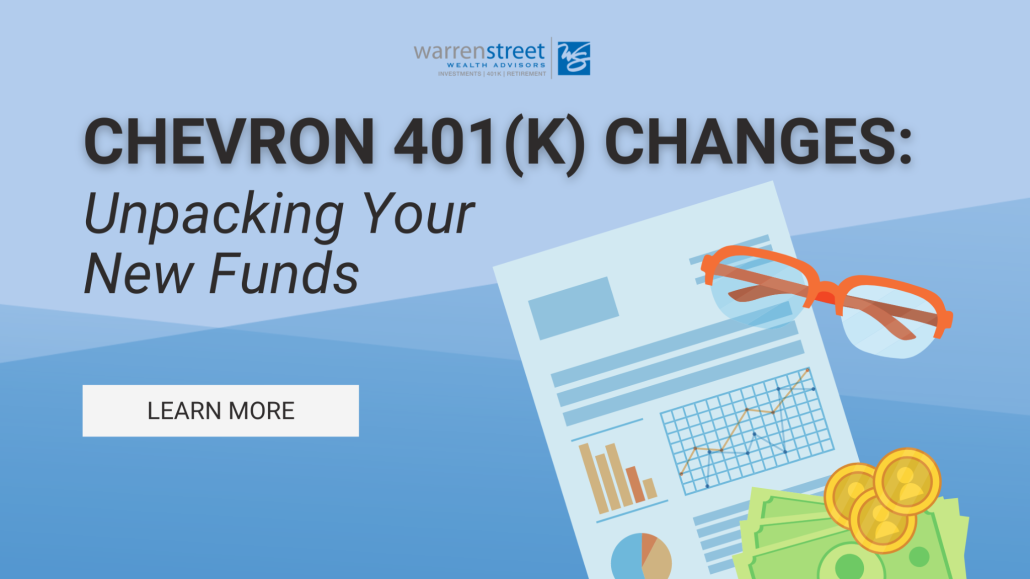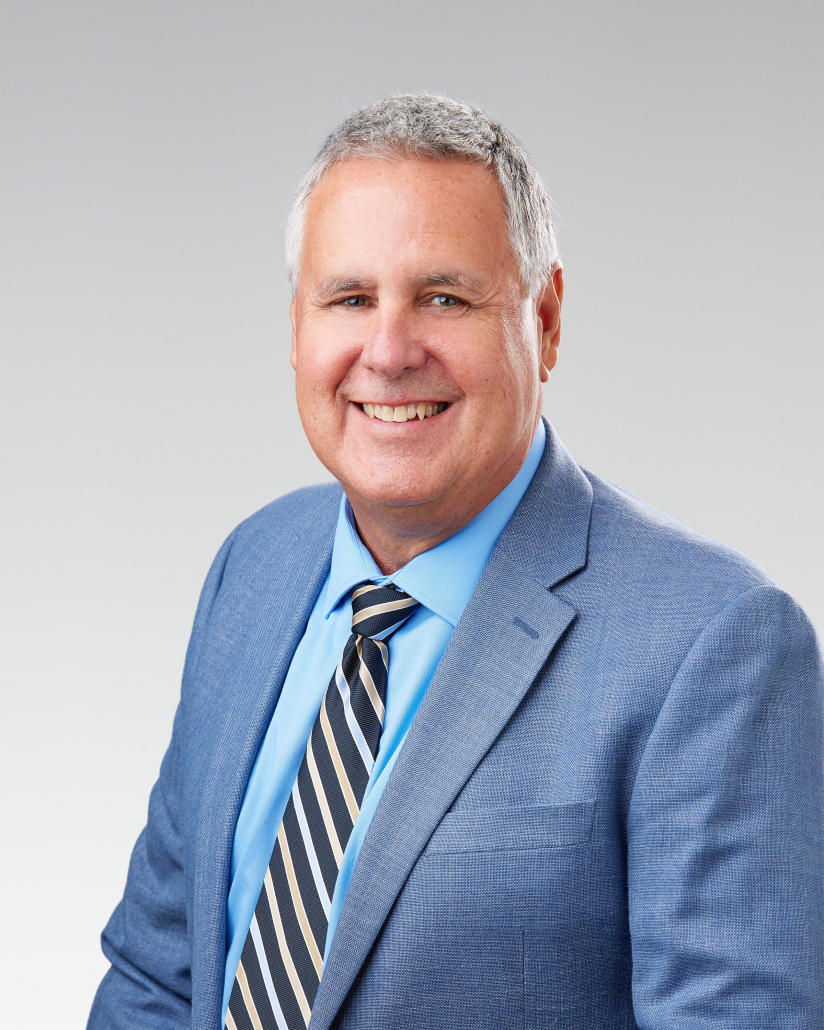Planning Your Perfect Summer Trip: Budgeting Made Easy
Get ready to have some fun in the sun! Whether you’re heading to a tropical paradise or exploring a new city, proper budgeting can make your summer trip stress-free and enjoyable. Here are some key categories to remember when planning your budget:
1. Travel
Whether you’re taking a bus, train, car, airplane, or a combination of all these, set aside a portion of your budget for travel expenses. This includes not only the main mode of transportation but also any additional costs like gas, tolls, or rideshares.
2. Accommodations
Don’t forget to budget for where you’ll be staying. Whether it’s a hotel room, vacation rental, or even a cozy cabin, make sure you allocate enough funds for your accommodations. Comfort is key to a relaxing vacation!
3. Dining
Dining out can get expensive quickly, especially if you plan to eat out for most of your meals. Be realistic and allocate a generous portion of your budget to dining. Trying new restaurants and local cuisines is one of the best parts of traveling!
4. Experiences
Life is meant for living, so don’t forget to budget for experiences. Whether you’re renting bicycles for a day of exploration or going on an exciting excursion, make sure you set aside some funds for fun activities, because life is meant for living.
By keeping these categories in mind and planning accordingly, you’ll be all set for a fantastic summer adventure. Need help planning your summer travel budget or have other financial planning needs? Reach out to us today, and let’s make your dream vacation a reality! Happy travels!

Bryan Cassick, MBA, CFP®
Wealth Advisor, Warren Street Wealth Advisors
Investment Advisor Representative, Warren Street Wealth Advisors, LLC., a Registered Investment Advisor
The information presented here represents opinions and is not meant as personal or actionable advice to any individual, corporation, or other entity. Any investments discussed carry unique risks and should be carefully considered and reviewed by you and your financial professional. Nothing in this document is a solicitation to buy or sell any securities, or an attempt to furnish personal investment advice. Warren Street Wealth Advisors may own securities referenced in this document. Due to the static nature of content, securities held may change over time and current trades may be contrary to outdated publications. Form ADV available upon request 714-876-6200.



